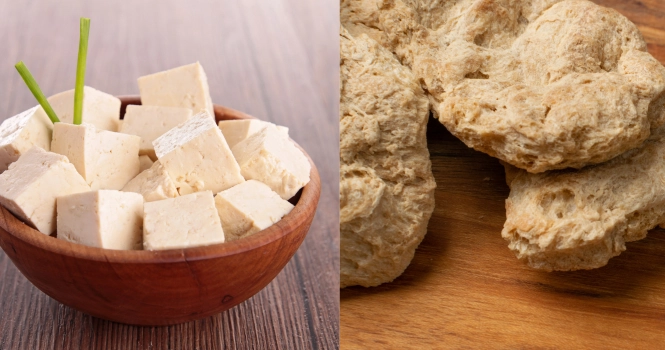Coconut Water and Gastritis: A Soothing Remedy?

Coconut water has gained popularity as a natural and hydrating beverage, touted for its various health benefits, including electrolyte balance, hydration, and even antioxidant properties.
When it comes to gastritis, a condition characterized by the inflammation of the stomach lining, the suitability of certain foods and beverages, including coconut water, becomes a critical consideration.
Potential Benefits of Coconut Water for Gastritis
1. Natural Hydration: Coconut water is an excellent source of hydration, which is crucial for overall digestive health.
Proper hydration can help maintain the mucous lining of the stomach, potentially providing a protective effect against irritants that can exacerbate gastritis.
2. Electrolytes: Rich in electrolytes like potassium and magnesium, coconut water can help replenish electrolytes lost due to vomiting or diarrhea, symptoms that can accompany severe cases of gastritis.
3. Alkaline pH: Some sources suggest that coconut water has an alkaline effect on the body. This could theoretically help neutralize excess stomach acid, although more research is needed to conclusively establish this effect in relation to gastritis.
4. Antioxidants: Coconut water contains antioxidants, which can help reduce inflammation. This may be beneficial in managing the inflammation associated with gastritis.
Considerations and Precautions
While there are potential benefits, it’s also important to consider some precautions when consuming coconut water, especially for those with gastritis:
1. Acidity Variation: Coconut water’s effect on stomach acidity can vary. While some find it soothing, others might experience discomfort, as individual responses to foods and beverages can differ significantly, especially in the context of gastritis.
2. Sugar Content: Some brands of coconut water may contain added sugars or flavors, which can aggravate gastritis symptoms in some individuals. Opting for natural, unsweetened coconut water is best.
3. Portion Size: As with any food or beverage, moderation is key. Large quantities of coconut water might lead to gastrointestinal discomfort, such as bloating or fullness, which could aggravate gastritis symptoms.
4. Individual Triggers: People with gastritis often have specific triggers that exacerbate their symptoms. If coconut water is identified as a trigger, it should be avoided.
Recommendations
For individuals with gastritis interested in trying coconut water:
- Start Small: Begin with a small amount to assess your tolerance and watch for any adverse effects.
- Choose Wisely: Opt for natural, pure coconut water without added sugars, flavors, or preservatives.
- Monitor Symptoms: Keep track of your symptoms and how they correlate with your consumption of coconut water. If you notice worsening symptoms, it may be best to avoid it.
- Consult Healthcare Providers: It’s always wise to consult with a healthcare provider or a dietitian before making significant changes to your diet, especially when managing a condition like gastritis.
Coconut water might offer some benefits for individuals with gastritis, primarily due to its hydration properties, electrolyte content, and potential anti-inflammatory effects.
However, its impact can vary from person to person.
Being mindful of how your body responds to coconut water and incorporating it into your diet cautiously, if at all, is key. Always prioritize personal tolerance and dietary advice from healthcare professionals tailored to your specific health condition.












